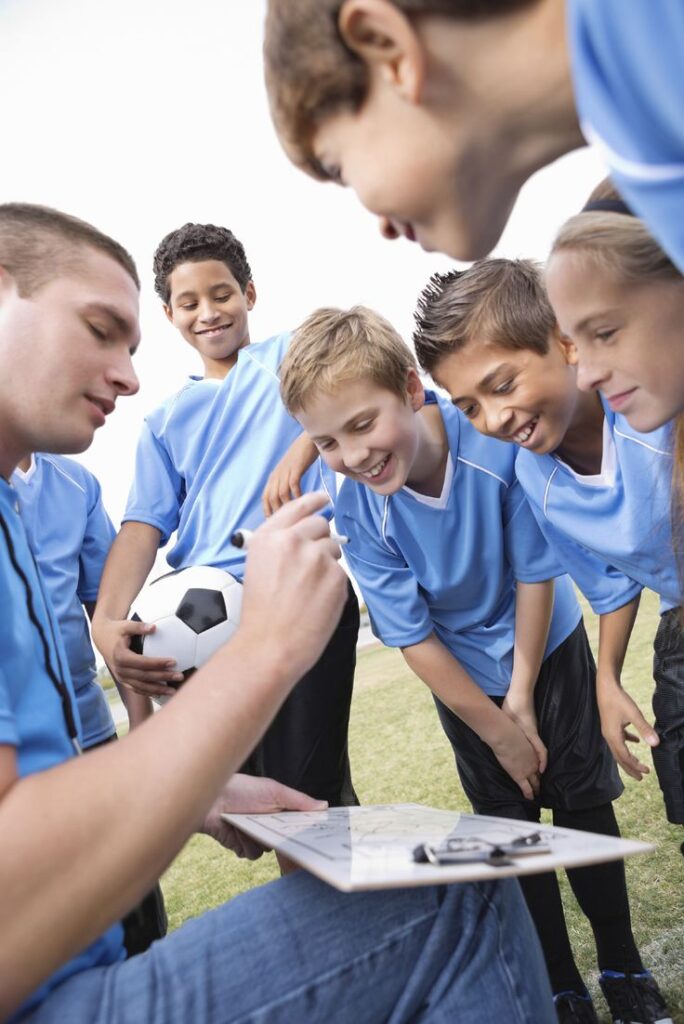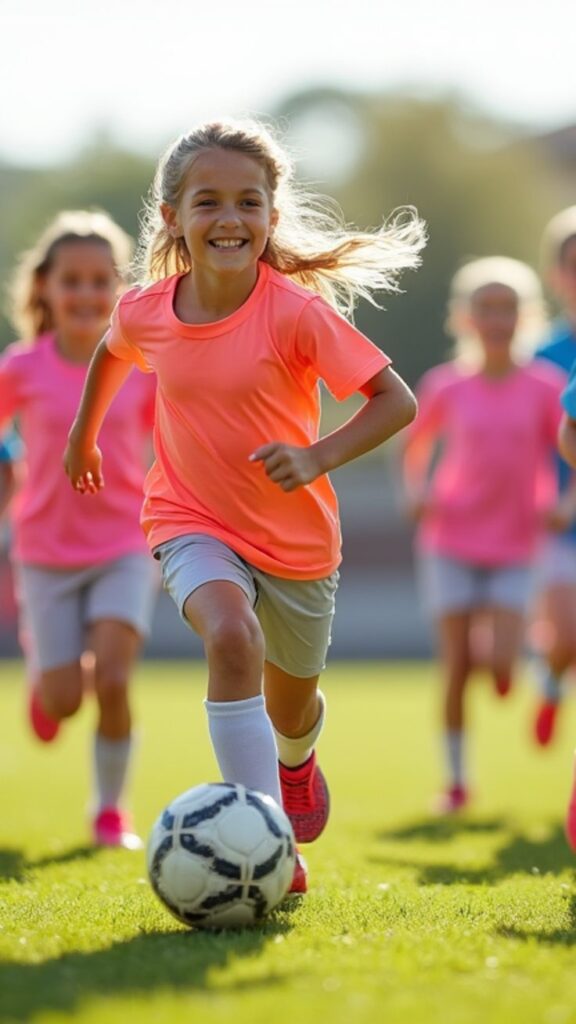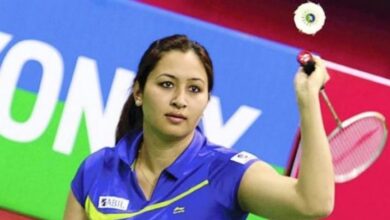
Why Sports Must Also Be Important Alongside Education
In today’s competitive world, academic success is often seen as the primary key to a bright future. Parents and teachers focus on grades, exams, and knowledge to prepare children for challenges ahead. However, what often gets overlooked is the equally vital role of sports in education. A balanced approach that includes sports alongside academics can develop healthier, more well-rounded individuals.
1. Physical health :
First and foremost, sports promote physical health, which is essential for effective learning. Long hours of studying, screen time, and sedentary habits can harm children’s health. Regular participation in sports keeps the body fit, improves cardiovascular health, enhances flexibility, and helps maintain a healthy weight. Students who engage in sports tend to have better concentration, fewer illnesses, and more energy to devote to studies.

2. Mental health :
Equally important is the development of mental health. Academic pressures, competition, and fear of failure can lead to anxiety and stress in students. Sports provide an excellent outlet for these emotions. Physical activity releases endorphins, the “feel-good” hormones that reduce stress and boost mood. Team sports also encourage social interaction and help combat feelings of isolation or loneliness.
Sports teach valuable life skills that go far beyond the classroom. When students play in teams, they learn cooperation, communication, and leadership. They develop discipline through regular practice and learn to manage time effectively to balance sports with studies. Most importantly, sports teach resilience—the ability to bounce back from failure. Losing a match gracefully and trying harder next time is an essential life lesson that prepares students for real-world challenges.
3. Community skills :
Moreover, sports foster a sense of community and belonging. Students who participate in school teams or local clubs build strong friendships and develop school spirit. This sense of identity and support can be motivating and reduce dropout rates. For many children, sports become the reason they look forward to school, keeping them engaged and reducing absenteeism.
Academics and sports are not competitors but partners in holistic education. A student who is healthy, confident, and well-adjusted socially is better positioned to succeed academically. Many studies have shown that students who play sports often perform better in school, as they learn to focus better, handle pressure, and set goals.

4. Career opportunities :
In addition, sports can open up alternative career opportunities. While not every student will become a professional athlete, careers in coaching, sports management, physiotherapy, fitness training, and sports journalism are growing rapidly. Early exposure to sports can help students discover their passion and talents in these fields.
Finally, integrating sports with education promotes equality and inclusiveness. Sports can bridge social and economic gaps, bringing together students from diverse backgrounds. On the field, teamwork and talent matter more than wealth or status, teaching respect and empathy.
For all these reasons, it is crucial for schools, parents, and policymakers to treat sports as an essential part of education—not an optional extra. Schools should ensure adequate time, facilities, and encouragement for students to participate in sports without sacrificing academic rigor. Parents should recognize the long-term benefits and support their children’s interests in physical activities.
Conclusion :
In conclusion, a strong education system must aim to develop the whole person—mind, body, and character. Sports are not a distraction from studies but a vital component of learning. By giving sports the importance they deserve alongside academics, we can nurture healthier, happier, and more capable future generations.




